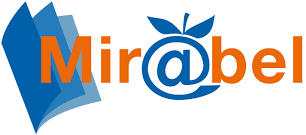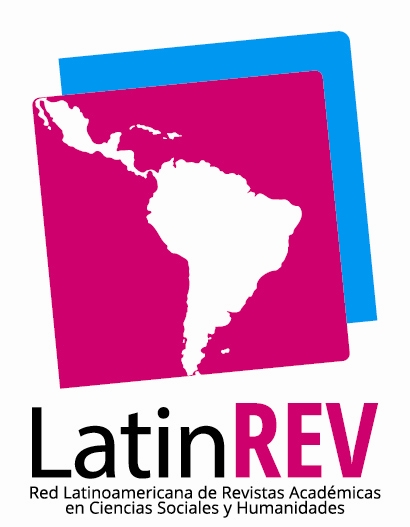The impact of virtuality in the learning processes in the English Teaching Training Track at the IFDC-SL
Keywords:
COVID, English teaching education, virtual learning, learning processesAbstract
The current situation caused by the Covid-19 pandemic demanded an immediate response from the educational system at all levels by implementing a virtual teaching system for which both students and teachers were not well-prepared. In this context, this work intends to obtain a view of the situation, the difficulties and the perceptions of the students of the English Teaching Education program at the IFDC-SL in relation to their virtual learning processes in the first semester of 2020. To achieve this aim, we carried out an exploratory study, following a mixed quantitative-qualitative logic, in which a survey was applied, inquiring about contextual, technological and pedagogical aspects of these processes. The results obtained allow us to approach the state of the situation of our students in terms of the resources they have, their personal, professional and academic realities, the technological and pedagogical difficulties experienced during the confinement and their personal evaluations around their own learning processes. In addition to making visible various tensions and shortcomings between the teaching and learning processes, the results also allow us to glimpse into the progress that has been made in the field of virtual teaching and the challenges that remain. Considering the possibility of continuing the teaching of classes in the virtual mode, knowing the status of our students will allow us to make pertinent modifications and adjustments in the teaching programs of the next semester.
Downloads
References
Casals Cervós, Judith (2007). “Es responsabilidad del educador provocar el deseo de aprender”, en Cuadernos de Pedagogía(373), Ciss Praxis, España, 42-47.
Cobo, Cristóbal (2016). La innovación pendiente. Reflexiones (y provocaciones) sobre educación, tecnología y conocimiento. Montevideo: Colección Fundación Ceibal.
Cole, Michael, John-Steiner, Vera, Scribner, Sylvia, Souberman, Ellen (Eds.). (1979). Mind in society. Londres: Harvard University Press.
DuarT, Joseph y Sagrá, Albert (2000). “Formación universitaria por medio de la web: un modelo integrador para el aprendizaje superior”, en Duart y Sagrá (Comps.) Aprender en la virtualidad (23-50). Barcelona: Gedisa.
Gee, James Paul (2004). Lo que nos enseñan los videojuegos sobre el aprendizaje y el alfabetismo. Málaga: Ediciones Aljibe.
Hernández Requena, Stefany (2008). “El modelo constructivista con las nuevas tecnologías: aplicado en el proceso de aprendizaje”, en Revista de Universidad y Sociedad del Conocimiento, 5, Universitat Oberta de Catalunya, 26-35.
Ravitz, Jason, Becker, Henry Jay y Wong, YanTien (2000). “Constructivist-compatible beliefs and practices among U.S. teachers” en Center for Research on Information Technology and Organizations, Universidad de California (Irving) y Universidad de Minnesota, 1-69.
Siemens, George (2004). “Conectivismo: una teoría de aprendizaje para la era digital”. Recuperado de http://www.humanasvirtual.edu.ar/wp-content/uploads/2013/12/Siemens2004-Conectivismo.pdf (5/6/2020).
Downloads
Published
Issue
Section
ARK
License
Copyright (c) 2020 Alicia Rita Collado, Romina Susana Fessia, Facundo Ezequiel Morales Suarez

This work is licensed under a Creative Commons Attribution 4.0 International License.









